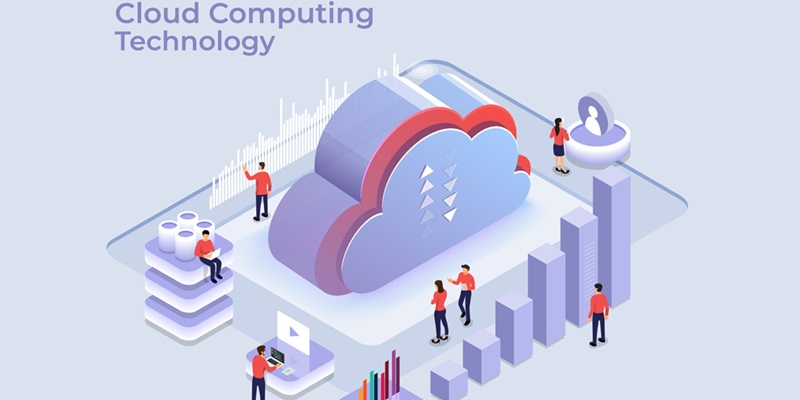In today’s digital age, where data is the new currency, ensuring the privacy and security of personal information has become a paramount concern. Cloud service providers play a crucial role in safeguarding data through their investment in state-of-the-art security measures and expertise. This article explores the various aspects of data privacy in cloud computing, highlighting the measures taken by cloud service providers to protect sensitive information.
Security Measures of Cloud Service Providers
Cloud service providers invest heavily in state-of-the-art security measures to protect their clients’ data. They employ advanced encryption algorithms, multi-factor authentication, and firewalls to prevent unauthorized access. Regular security audits, vigilant monitoring, and threat detection systems are also in place to promptly identify and mitigate any potential security breaches. By entrusting their data to reputable cloud service providers, businesses and individuals can benefit from the expertise and resources of these providers, ensuring that their data is stored and accessed securely.
Data Storage and Backup
One key advantage of cloud computing is the redundant systems implemented by service providers. These systems ensure that data is backed up and can be quickly restored in the event of a disaster. By distributing the data across multiple servers and locations, cloud service providers minimize the risk of data loss. Additionally, they employ robust data replication techniques to ensure high availability and uninterrupted access to critical information.
Another important aspect of data privacy in cloud computing is compliance with regulations and standards. Data privacy regulations, such as the General Data Protection Regulation (GDPR), dictate strict guidelines for the collection, storage, and processing of personal data. Cloud service providers are well-versed in these regulations and have the necessary safeguards in place to ensure compliance. Regular audits and certifications demonstrate their commitment to upholding privacy standards.
Offloading Compliance Burden
By leveraging cloud computing, businesses can offload the burden of compliance to their service providers, allowing them to focus on their core operations. Service providers offer robust privacy controls, access management, and data retention policies, ensuring that businesses remain compliant with evolving regulations. This partnership allows organizations to benefit from the expertise and infrastructure of cloud service providers, enabling them to focus on their primary objectives.
Limitations and Risks
While cloud service providers implement robust security measures, no system is entirely foolproof. Hackers are constantly evolving their techniques to exploit vulnerabilities. Unfortunately, there have been instances where cloud providers have fallen victim to cyberattacks. This highlights the necessity for businesses and individuals to remain vigilant and proactive in their data protection efforts. Regular audits, employee education, and continuous monitoring of security measures are crucial in mitigating these risks.
Precautions for Data Privacy
Understanding the risks associated with cloud computing is vital in protecting data privacy. Organizations and individuals should implement a defense-in-depth approach by incorporating multiple layers of security, including robust authentication protocols, data encryption, and regular data backups. It is also advisable to conduct due diligence when selecting a cloud service provider, ensuring they have a solid track record and are compliant with industry standards.
Balancing the benefits of cloud computing with data privacy concerns is of utmost importance in the digital age. Cloud service providers play a critical role in ensuring the security and privacy of personal information. By investing in state-of-the-art security measures, adhering to regulations, and offering compliance management services, they provide businesses and individuals with a secure platform for data storage and processing. However, it is essential to acknowledge that no system is infallible, and staying proactive in safeguarding data remains a shared responsibility. By understanding the risks and taking appropriate precautions, businesses and individuals can fully leverage the benefits of cloud computing while safeguarding their data privacy.

